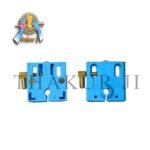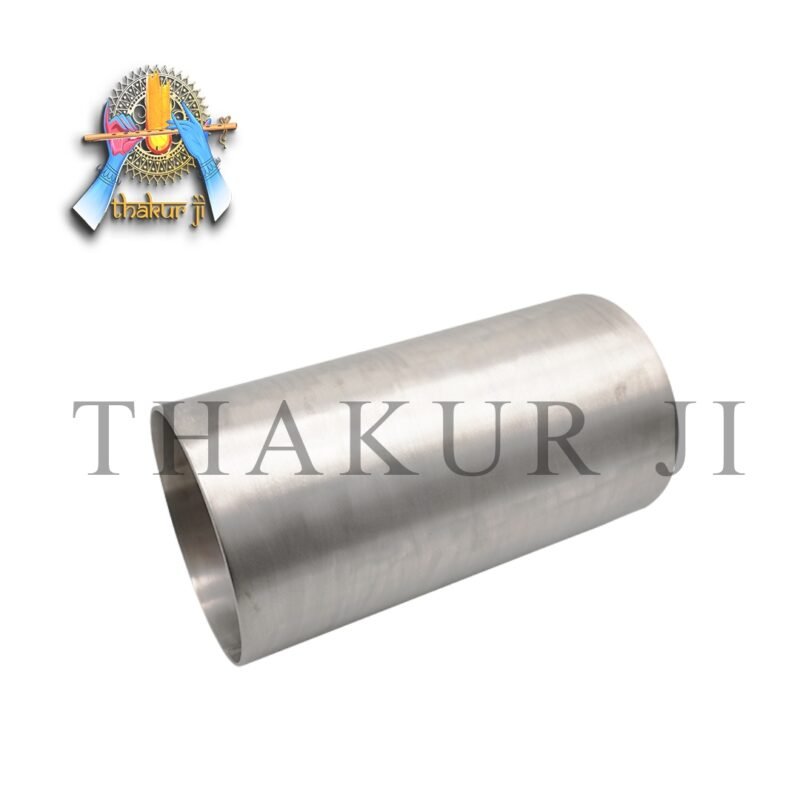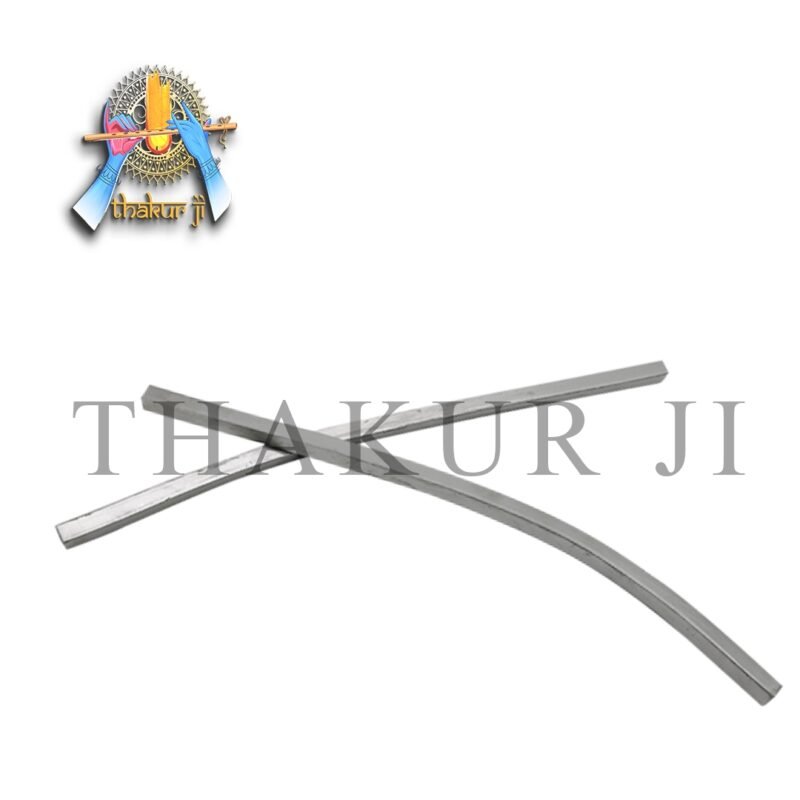
Molybdenum Disk
November 27, 2024
Edm machine water nozzle
November 27, 2024Tungsten Disk
Application:
Aerospace Industry: Used in high-performance engines and systems requiring resistance to extreme conditions.
Oil and Gas Industry: Ideal for pumps, valves, and drilling equipment due to excellent wear and corrosion resistance.
Automotive Industry: Used in shock absorbers, turbochargers, and gear systems for high durability.
Industrial Machinery: Essential in CNC machines, EDM machines, and other precision manufacturing tools.
Mining and Construction: Withstands abrasive materials in crushers, conveyors, and drilling rigs.
Marine Applications: Resistant to corrosion in saltwater environments, used in propeller shafts and pumps.
Advantages:
High Wear Resistance: Exceptional hardness ensures longevity even in abrasive environments.
Corrosion Resistance: Performs well against chemical and moisture-induced corrosion, suitable for harsh environments.
Dimensional Stability: Maintains precision under extreme temperatures and loads.
High Compressive Strength: Can withstand significant mechanical stresses, ensuring durability in heavy-duty applications.
Thermal Resistance: Performs well at high operating temperatures without losing mechanical properties.
Versatility in Customization: Can be manufactured in various shapes, sizes, and surface finishes to meet specific industrial needs.
Reduced Maintenance Costs: Long lifespan minimizes the need for frequent replacements, improving operational efficiency.
Environmentally Friendly: Recyclable material contributes to sustainable manufacturing practices.
| Property | Specification |
|---|---|
| Material | Tungsten Carbide (WC) |
| Density | 14.5–15.1 g/cm³ |
| Hardness | 85–92 HRA |
| Compressive Strength | 4000–6500 MPa |
| Tensile Strength | 350–500 MPa |
| Wear Resistance | High |
| Corrosion Resistance | Excellent |
| Operating Temperature | Up to 500°C |
| Surface Finish | Ground, polished, or custom finishes available |
| Shapes | Cylindrical, flanged, grooved, or customized to requirements |
| Standard Tolerances | ±0.001 mm |








